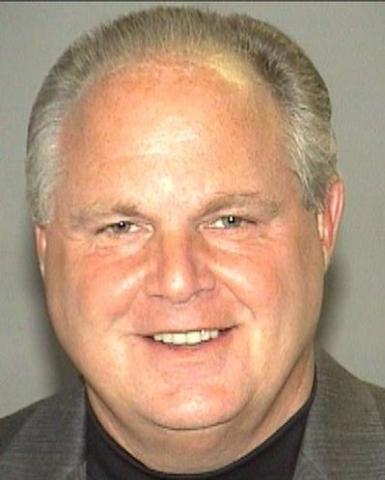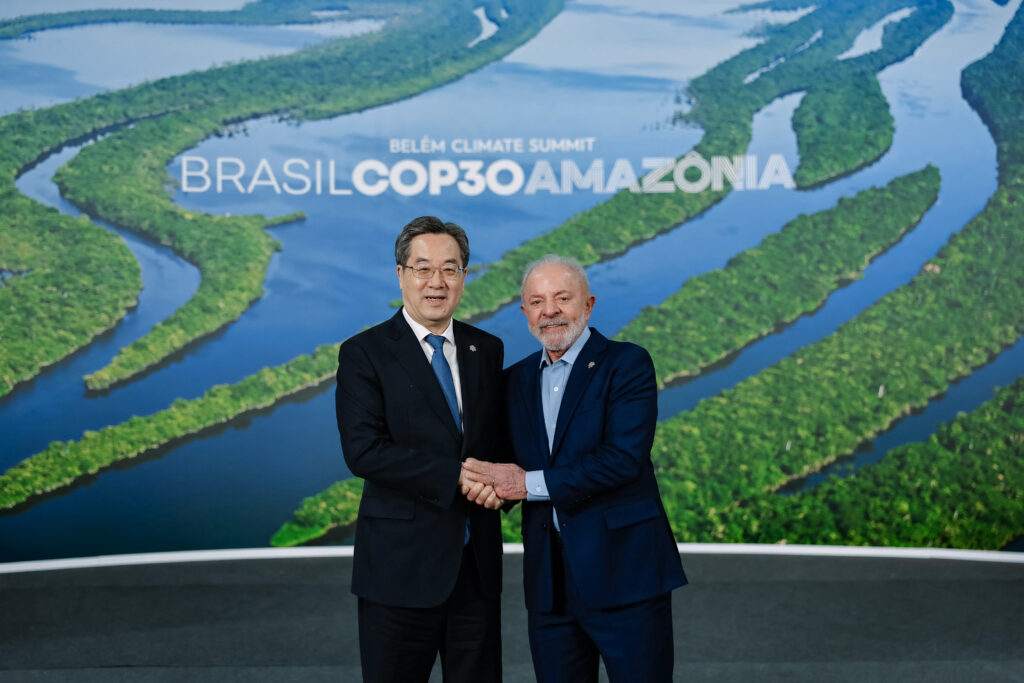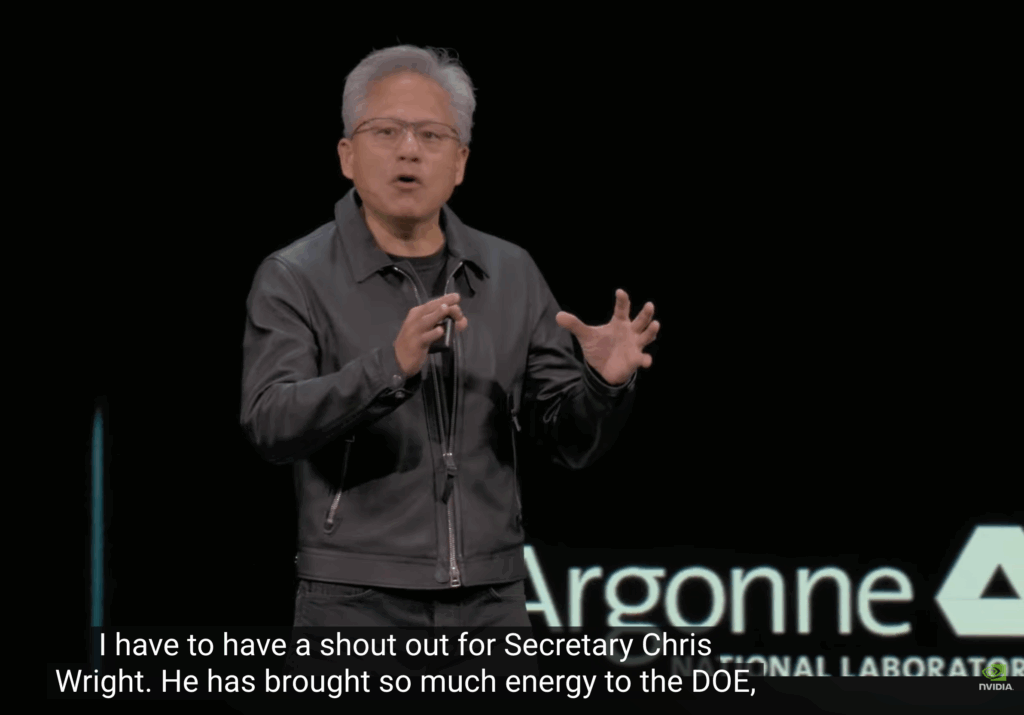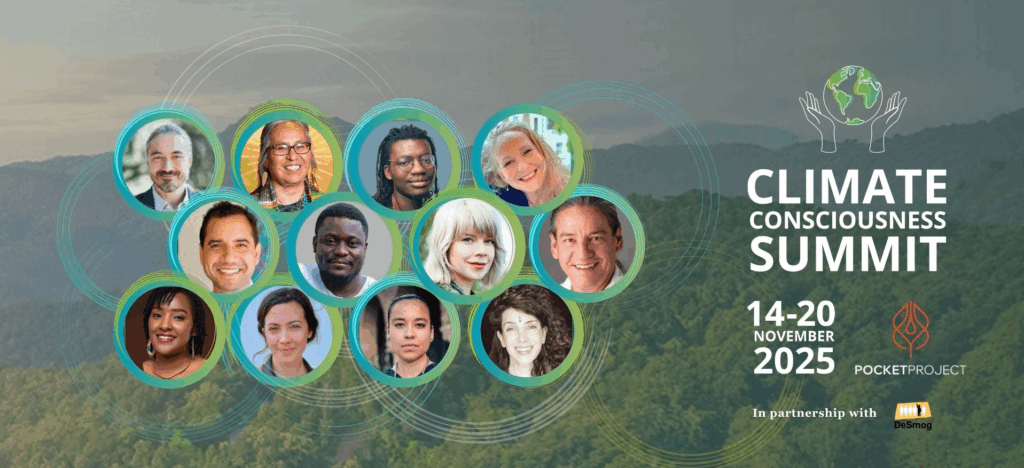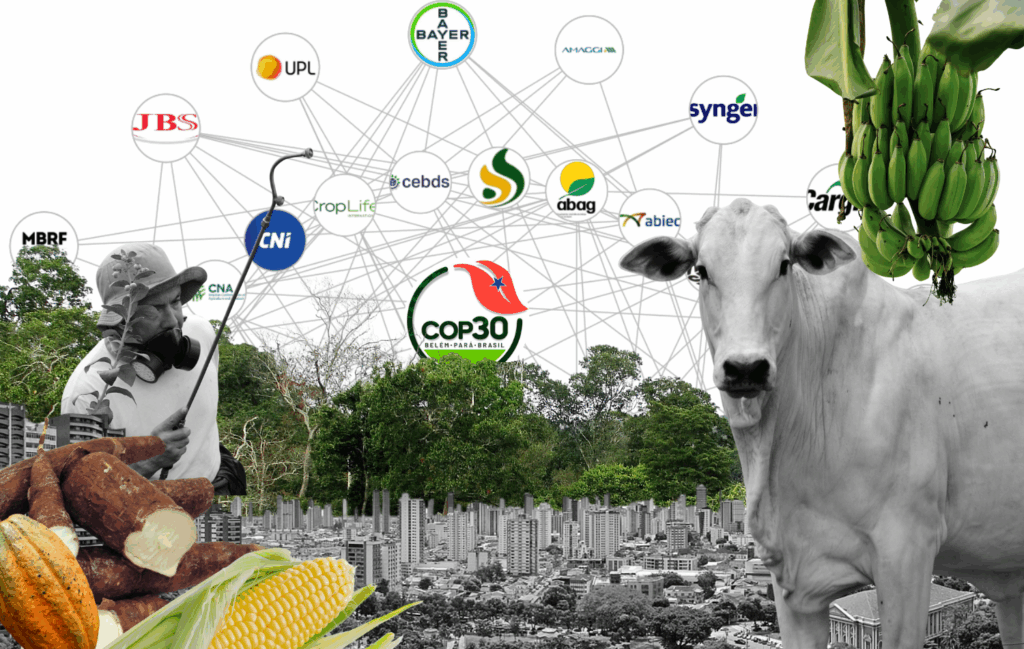They come at you at public events, wanting to argue. They light up the switchboards whenever there’s a radio show about climate change. They commandeer your blog comments section. They have a seemingly insatiable desire to debate, sometimes quite aggressively.
They’re the conservative white men (CWM) of climate change denial, and we’ve all gotten to know them in one way or another. But we haven’t had population-level statistics on them until recently, courtesy of a new paper in Global Environmental Change (apparently not online yet, but live in the blogosphere as of late last week) by sociologists Aaron McCright and Riley Dunlap. It’s entitled “Cool Dudes: The denial of climate change among conservative white males in the United States.” Among other data, McCright and Dunlap show the following:
— 14% of the general public doesn’t worry about climate change at all, but among CWMs the percentage jumps to 39%.
— 32% of adults deny there is a scientific consensus on climate change, but 59% of CWMs deny what the overwhelming majority of the world’s scientists have said.
— 3 adults in 10 don’t believe recent global temperature increases are primarily caused by human activity. Twice that many – 6 CWMs out of every ten – feel that way.
What’s more, and in line with a number of post I’ve written in the past, McCright and Dunlap also find among these CWMs a phenomenon I sometimes like to call “smart idiocy.” Even as they deny mainstream climate science, conservative white males are also more likely than average U.S. adults to think they understand the science they deny—that they’re right, the scientists are wrong, and they can prove it. Indeed, they’re just dying to debate you and refute you.
The authors bring up two possible explanations for the broad CWM phenomenon, both based on literature in the social sciences. The first is “identity-protective cognition” theory (or what I would call motivated reasoning). The second is “system justification” theory, which is just what it sounds like: the study of why people, often implicitly and subconsciously, are motivated to ratify and reaffirm the status quo—why their default position is against, rather than for, progressive change.
Motivated reasoning suggests that men who have “hierarchical” values—resisting reforms to increase economic or social equality, believing that some people should be running things and some should be taking orders, or that it’s perfectly okay and normal that some will succeed and some will fail—will be more inclined defend a social system that’s structured in this way. Such a tendency has been used in the past to explain the “white male effect”: White men tend to downplay all manner of risks, especially environmental ones, but also risks posed by things like the vast proliferation of guns in America. This, presumably, is both because they’re less harmed by such risks overall (the burden often falls more on the disadvantaged), but also because they have trouble personally conceiving of the reality of these risks (they don’t see the current state of things as being very bad or objectionable).
But why do men downplay climate risks in particular? Here’s where “system justification” theory comes in: If climate change is real and human caused, it potentially threatens the whole economic order and those who have built it and benefited from it. It is the most inconvenient of truths. So the idea is that the men who benefit from the fossil-fuel based energy system will rationalize and defend that system from challenge—and the science of climate change is, in some ways, the ultimate challenge. (More on this here.)
This, by the way, may help to explain why conservatives so often liken the promotion of mainstream climate science, and advocacy for greenhouse gas emission controls, to a secret agenda to advance global socialism or communism. It isn’t—we’re so far from a left wing revolution in this country that the whole idea is laughable—but you can see how this wild claim might make more sense to them than it does to you and me.
There’s also a strong element of groupthink here, write McCright and Dunlap. Conservative white male elites like Rush Limbaugh disseminate the climate denial message, and then their followers come to associate with it and build identities around it:
To the extent that conservative white males in the general public view their brethren within the elite sectors as an ingroup, then we expect that the former also will tend to reject the global warming claims of the scientific community, the environmental movement, and environmental policy-makers. In short, they will espouse climate change denial to defend the information disseminated within their in-group and to protect their cultural identity as conservative white males.
Honestly, while we’re cranking out all these theories, I am surprised the authors didn’t bring up what may be the most biologically grounded of them: “social dominance orientation,” or SDO. This refers to a particular personality type—usually male and right wing—who wants to dominate others, who sees the world as a harsh place (metaphorically, a “jungle”) where it’s either eat or be eaten, and who tends to really believe in a Machiavellian way of things. Fundamentally, this identity is all about testosterone firing and being an alpha male. SDOs are fine with inequality and in favor of hierarchy because frankly, they think some people (e.g., them) are just better than others, and therefore destined to get ahead.
What are we to make of all of these theories?
Certainly they’re more than just hand-waving: They’re all based on actual survey measurements of various tendencies within the population. So there is clearly some truth to all of them.
They’re also overlapping, rather than mutually exclusive. My sense is that they’re all taking a nibble at something real; some, like “social dominance” theory, may describe certain individuals but not others. But if there’s a central theme uniting them all, it’s the idea that some people, perhaps especially conservative men, will be more comfortable with, and more inclined to rationalize, hierarchy.
Now, do I think conservative white men consciously wake up in the morning and say to themselves, “I’m going to go on blogs and attack climate science today so I can screw over the little guy?” Certainly not.
Rather, I simply think they experience modern climate science and climate advocacy as an affront, an attack on them and what they believe. They were brought up in a certain way, they believe certain things, and they have no reason to think of themselves as bad people—and indeed, mostly they’re not bad people. They give to charity. They go to church. They provide for a family. And so on.
But then they perceive all these attacks on their values coming from outsiders—hippie environmentalists and ivory tower climate scientists. If you didn’t do anything wrong, and you consider yourself as reasonable and intelligent–but people are attacking you and your values—you maybe get kind of outraged and worked up.
From there, the attacks on climate science and climate scientists may begin—and the affirmation of the in-group by attacking the out-group. Needless to say, Fox News, Rush Limbaugh’s radio show, and various climate denial blogs serve to fan the flames.
None of these men, then, are probably consciously aware that they’re engaged in anything like “system justification” or the “rationalization of hierarchy.” However, they perceive the status quo differently, they’re more comfortable with hierarchy and may not even notice it–and these then may become their default.
Oh: And they’re maybe a little too defensive.
Subscribe to our newsletter
Stay up to date with DeSmog news and alerts


